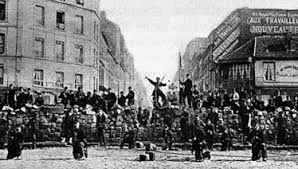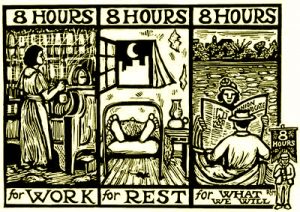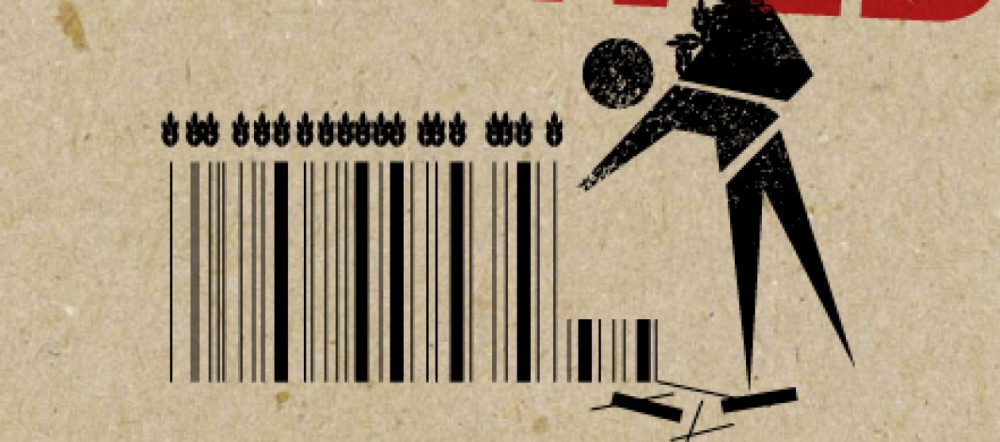In this section, the reflective essays I write on radical historical movements will be posted on a bi-weekly basis, with a cumulative three papers in total at the end of spring quarter.
Week 3: The Paris Commune
Readings:
Ross, K. (2016). Communal Luxury: The Political Imaginary of the Paris Commune. La Fabrique: London.

The events of the Commune changed the course of interests for one of the world’s most famous anarchists. Peter Kropotkin was a geological surveyor who always has an appetite for political inquiry. It was the Commune that gave him the inspiration to dive into social ecology and write pieces such as “The Conquest of Bread”. The commune even had effects on the theories of Karl Marx, a well known Statist. Marx had an initial criticism on the unpreparedness of the Commune upon its formation; his position grew to support and admiration, calling its very working existence an accomplishment to behold. He saw the breakdown of what he called commodity fetism within its boarders, and further emphasized the topic in later writings. In the ways that Marx edited his pieces post Paris Commune, there is evidence that its influence made him less of a state centralized. A preface he added to the “Communist Manifesto” in 1872 reads as “the working class cannot simply lay hold of the ready-made state machinery and wield it for their own purpose” (Ross,78). This sentiment is a far cry from the speeches Lenin would make in front of the winter palace more than forty years later. Marx advocated for some amount of state centralization no doubt, but of what his theories led him to toward the end of his life, be a more democratic socialist model that rings the sounds of Salvador Allende, the central planning and authoritarianism of the Mao’s and Lenin’s, or something else entirely, will probably forever be a mystery. Perhaps one of the most ominous quotes from Marx, in response to Zasulch’s notion that post-capitalist societies could likely move directly into indigenous communal forms, Marx replies perhaps, but “everything depends on the historical context on which it is located”.
To access the full essay, please follow this link:
https://docs.google.com/document/d/1sYe2pkRjwggPQNwWr_www5JaiI04fFIHbHnKt-Q6_Bc/edit
Week 6: Radical Labor Movements leading up to the Haymarket Affair
Readings:
Green, J (2006) Death in the Haymarket, anchor books

As the industrial revolution cranked into gear in the 1870’s, Chicago’s net value of goods grew twenty times the rates of wages. This gap, as Richard Wolf explained, created increases in surplus for the capitalists, while the workers were brought to starvation wages, not being able to afford the commodities they helped produce. The gilded age in Chicago also brought a number of boom and bust cycles that wreaked havoc on working people. Just as in 2007, reckless bank loaning led to depressions during this time. The loans were for the capitalists benefit, but when they could not pay them back and depression hit, they cut wages and laid of workers, leaving many homeless and starving in the streets of Chicago. The infamous private detective Allan Pinkerton ordered his guards to shoot anyone attempting to steal food during this time. Another depression in the mid 1880’s was caused by competition between the capitalists to consolidate wealth. This is Albert Parson’s analysis: “The main cause of the current crisis was overproduction caused by the race for profit. In this competition among capitalists who wanted to corner the market, wage earners were the first to suffer because, during business panics, wage cuts and layoffs would always be made in order to preserve profits” (Green 113).
To access the full essay, please follow this link:
